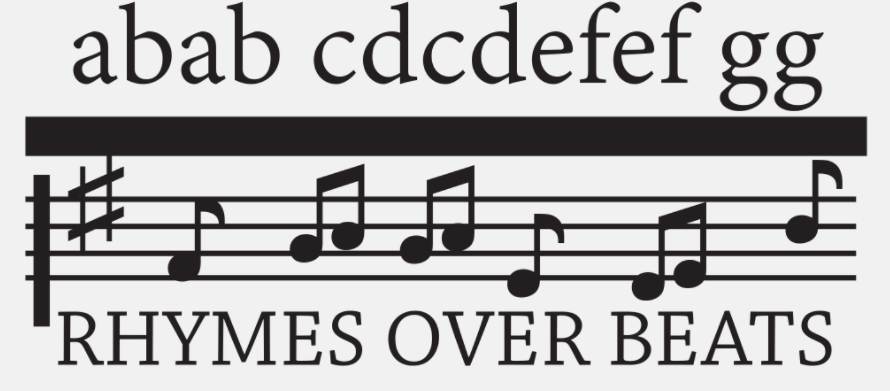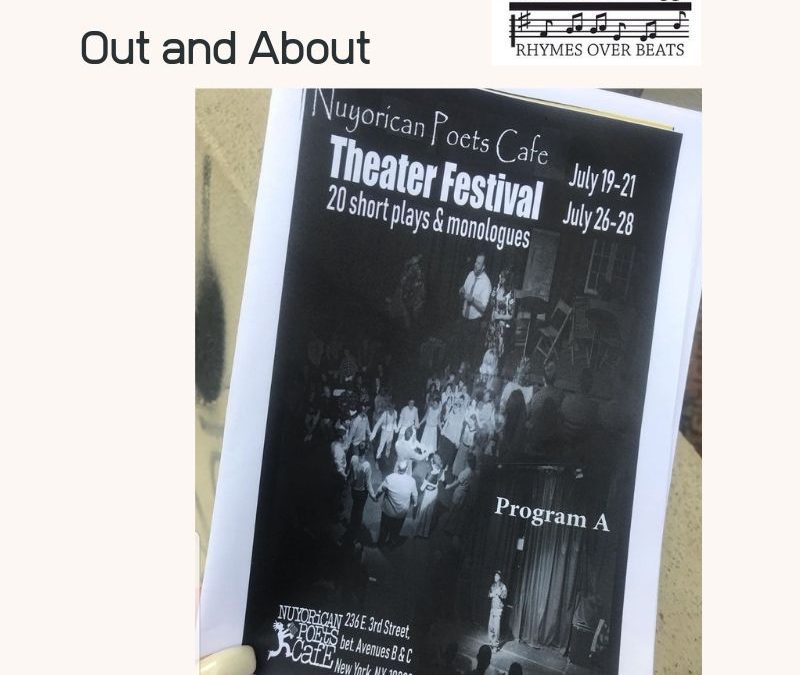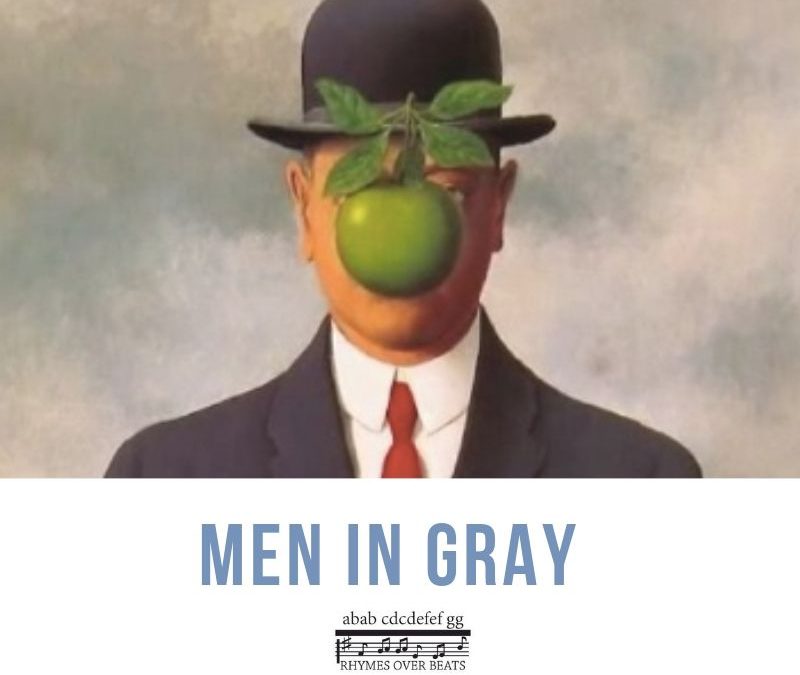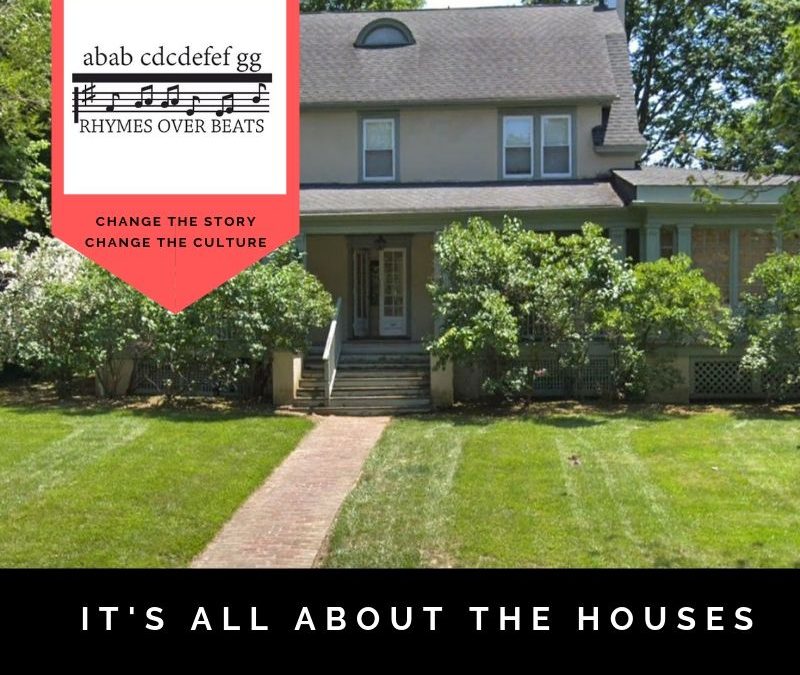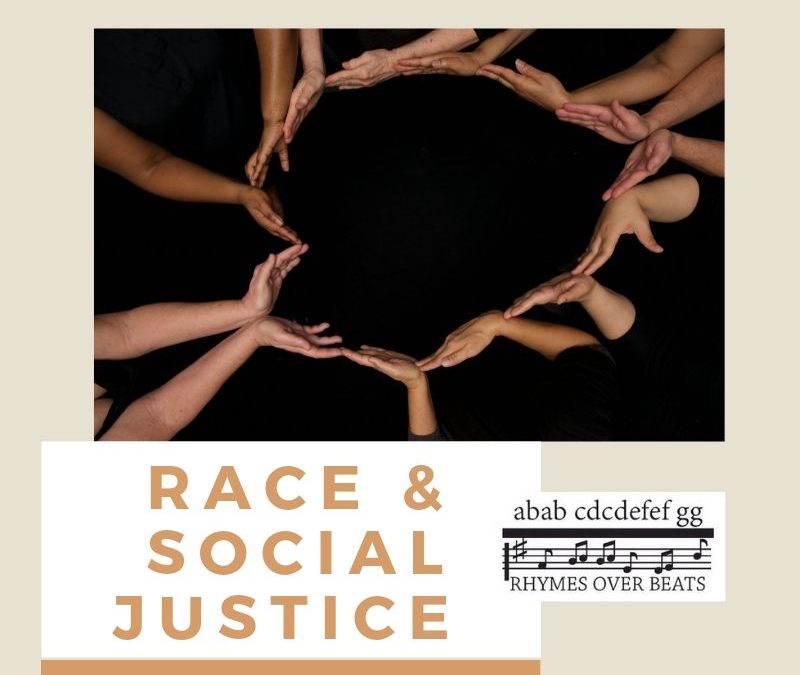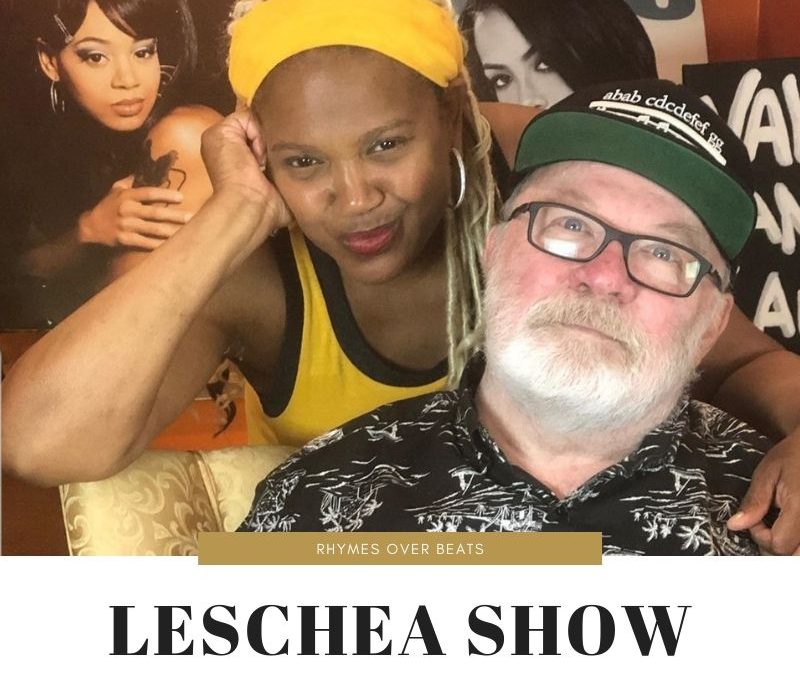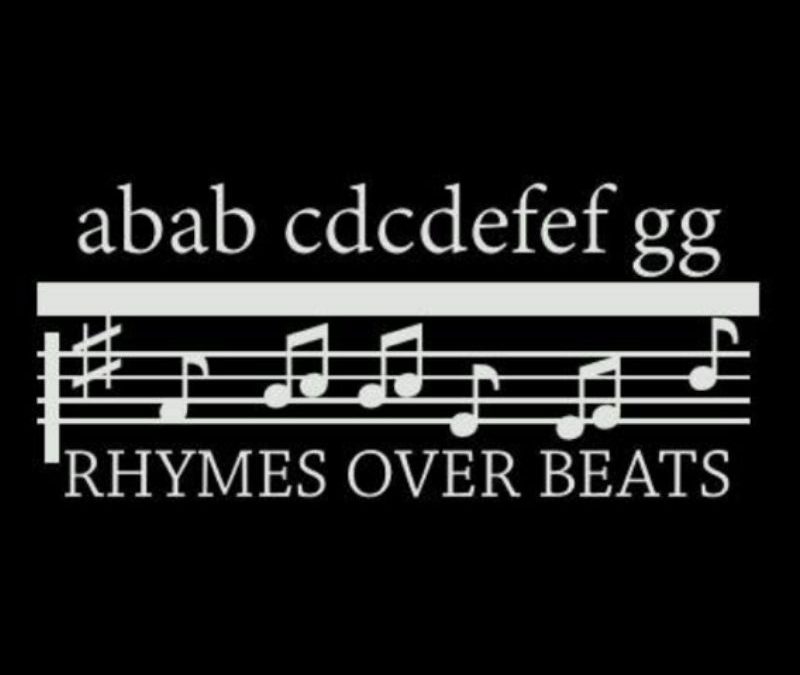
Why ‘Rhymes Over Beats’?
What’s Up With Our Name?
We are hip hop theater.
When we were coming up with names that would describe our collective, the hip hop part was comparatively easy.
Hip hop consists of four elements: a DJ, an MC, a break dancer, and graffiti artist. Because our focus is on performing, we decided to emphasize the performance elements – DJs and MCs. I know dance is performance, but we thought calling ourselves a crew would give the mistaken impression that we are all or only about dance. We’re not.
What does an MC do? They create rhymes. What does a DJ do? Create the beats that the MC’s rhymes flow on top of.
Rhymes Over Beats.
What About the Theatre Part?
We had a way of identifying ourselves as a hip hop theater collective, but the theater connection in the name was rather tenuous. We needed to strengthen it somehow, within our name, so people would realize that we were a hip hop theatre company.
So we decided to start to look back to the beginning of theater – back to it’s ancient origins.
Western European theater began with the Greeks. The function of the Greek chorus, in the earliest plays, were to comment in verse on the main action of the plot accompanied by music and percussion instruments. Music and rhythm were played under their spoken rhymes. Homeric poems also were believed to be performed this way.
This sounds very much like today’s hip hop.
It’s Not Just the Greeks
Greek drama was not the only tradition that uses spoken lyrics backed by instruments to tell stories. In Western Africa, Girot poets still chant their stories backed by stringed instruments (ngoni and Kora) and percussion instruments (Belafon).
Hip hop theater is the descendant of two traditions of storytelling, both European and African. Rhymes Over Beats is as much how theatre was done at the beginning of history as it is today.
We are not creating something new – instead, we are returning back to our roots.
That’s why we are Rhymes Over Beats.
